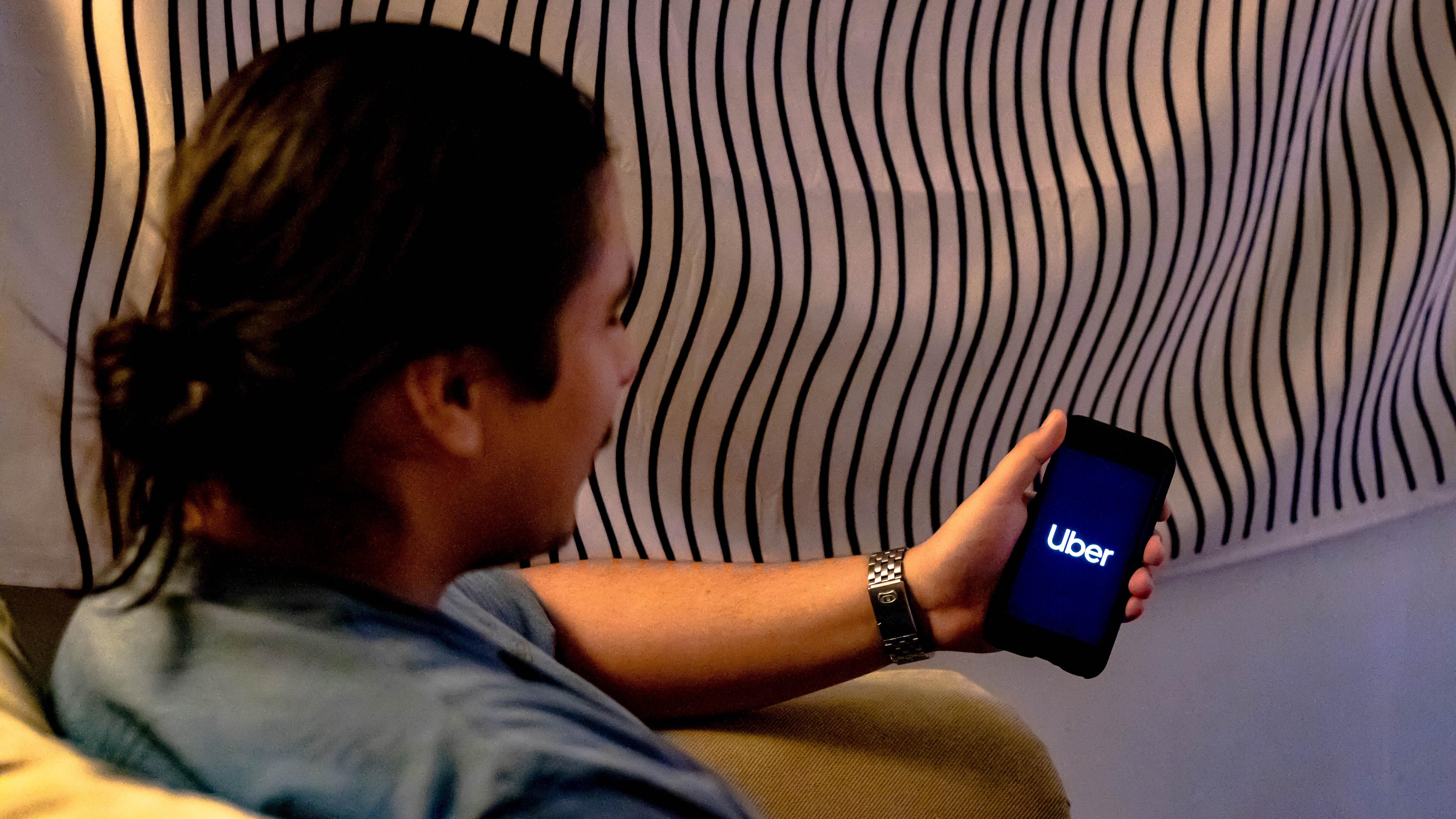By Yumna Kamran
As Uber reintroduces its cheaper ride-sharing option, some Toronto Metropolitan University (TMU) students say they are unsure of the new service.
On Feb. 5, Uber relaunched UberPool—now called UberX Share—a ride-sharing option in Toronto that used to be available before the pandemic.
While Uber’s other ride options like UberX are for individual people, UberX Share allows users to share a ride with another customer for a cheaper trip.
For TMU students like Samreen Yousuf, a second-year architectural science student, there are some drawbacks to using this revamped service.
“I only use Uber when there is a dire need, such as when I urgently need to get somewhere and the TTC will take too long,” she said. “Ride-sharing adding any additional time to my commute is a turn-off for me.”
She is also wary of sharing rides with people she does not know.
“The idea of sharing a ride with a stranger feels pretty unsafe and will create an uncomfortable situation where a person will have to awkwardly interact with a stranger,” she added.
Jessica St-Dennis, a second-year psychology student, is concerned about the COVID-19 risks associated with UberX Share.
“I would not feel comfortable being so close to someone, especially because I have immunocompromised relatives,” she said.
But some students feel using UberX Share poses less risk of contracting COVID-19 than using public transport like the Toronto Transit Commission (TTC) does.
“The crowd on the TTC, especially near campus, is worse in terms of social distancing than sharing a ride with one other person, in my opinion,” said Aadil Shaikh, a third-year computer engineering student.
“I would not feel comfortable being so close to someone, especially because I have immunocompromised relatives”
Aside from safety, TMU students still find that paying for an Uber trip is too expensive for their daily commute compared to a TTC fare, even with the new UberX Share option.
According to Uber’s website, a benefit of using the new service includes an immediately applied discount on fares of up to 20 per cent every time a customer chooses UberX Share.
Still, Shaikh says he is not convinced. “I think a lot of students can agree that spending upwards of $20 to get to class multiple times a week is not a possibility,” he said.
According to the TTC website, a trip on the TTC is $3.20 when paying with a Presto Card. Meanwhile, the price of an Uber ride in Toronto varies depending on time and distance, with costs starting at almost $10 for a ride from TMU to the CN Tower during non-peak hours, according to the Uber ride estimator.
Due to the cost difference between TTC and UberX Share fare, Dr. Sui Sui, an associate professor at the Ted Rogers School of Management, thinks most TMU students will use this new service occasionally rather than daily.
“Generally, this is a good option for students with low incomes and for students who are trying to save some money in case the TTC breaks down or if there is a snowstorm,” Sui said. “I think students can really benefit from it as alternative transportation.”
On average, using UberX Share will only add an additional six minutes to a customer’s ride than if they were to choose the standard UberX option, according to the Uber website. Uber also claims that this option is more sustainable, as transporting more people with fewer cars limits carbon emissions.
“There is definitely a market for cheap alternatives to public transportation right now,” said Sui.
“Many people want to make sustainable choices now and riding-sharing is a good environmentally friendly option to give to the public.”
Shaikh said that the UberX Share is more geared towards those with a higher disposable income. “For users that are not students who are willing to spend that much it is definitely a good option, given they are comfortable with it,” he said.













Leave a Reply